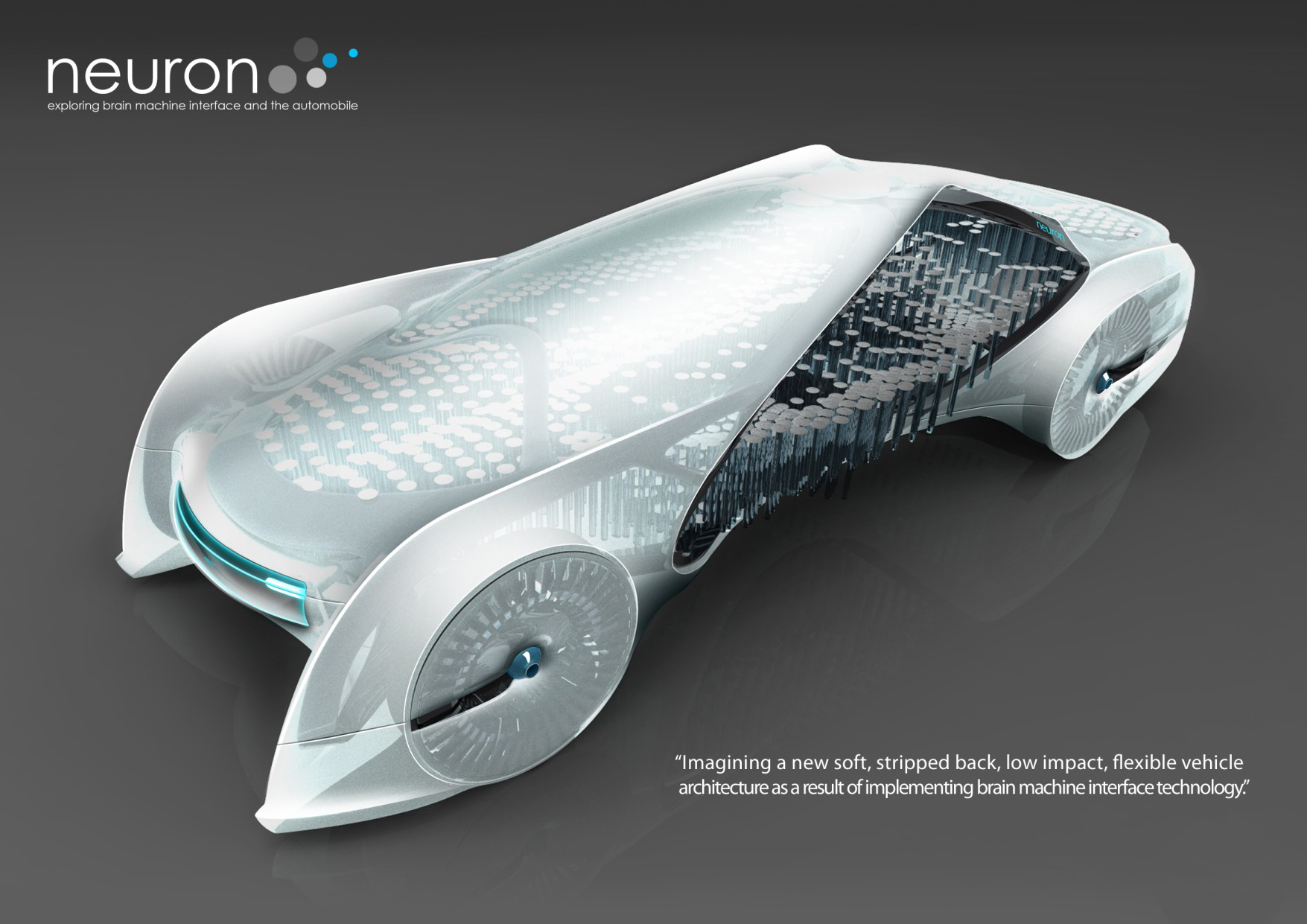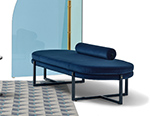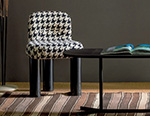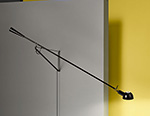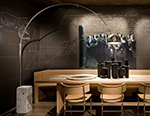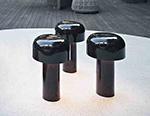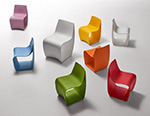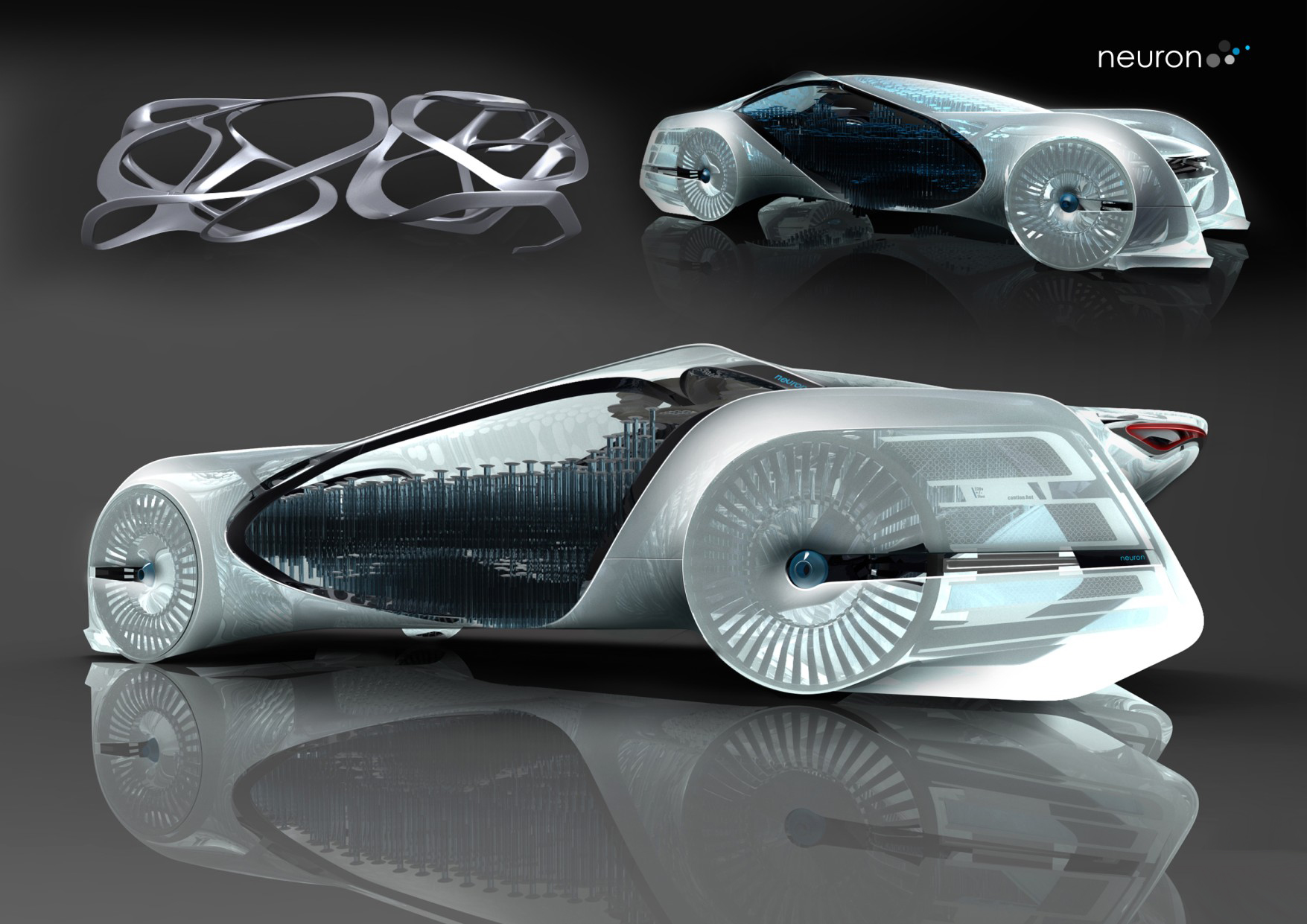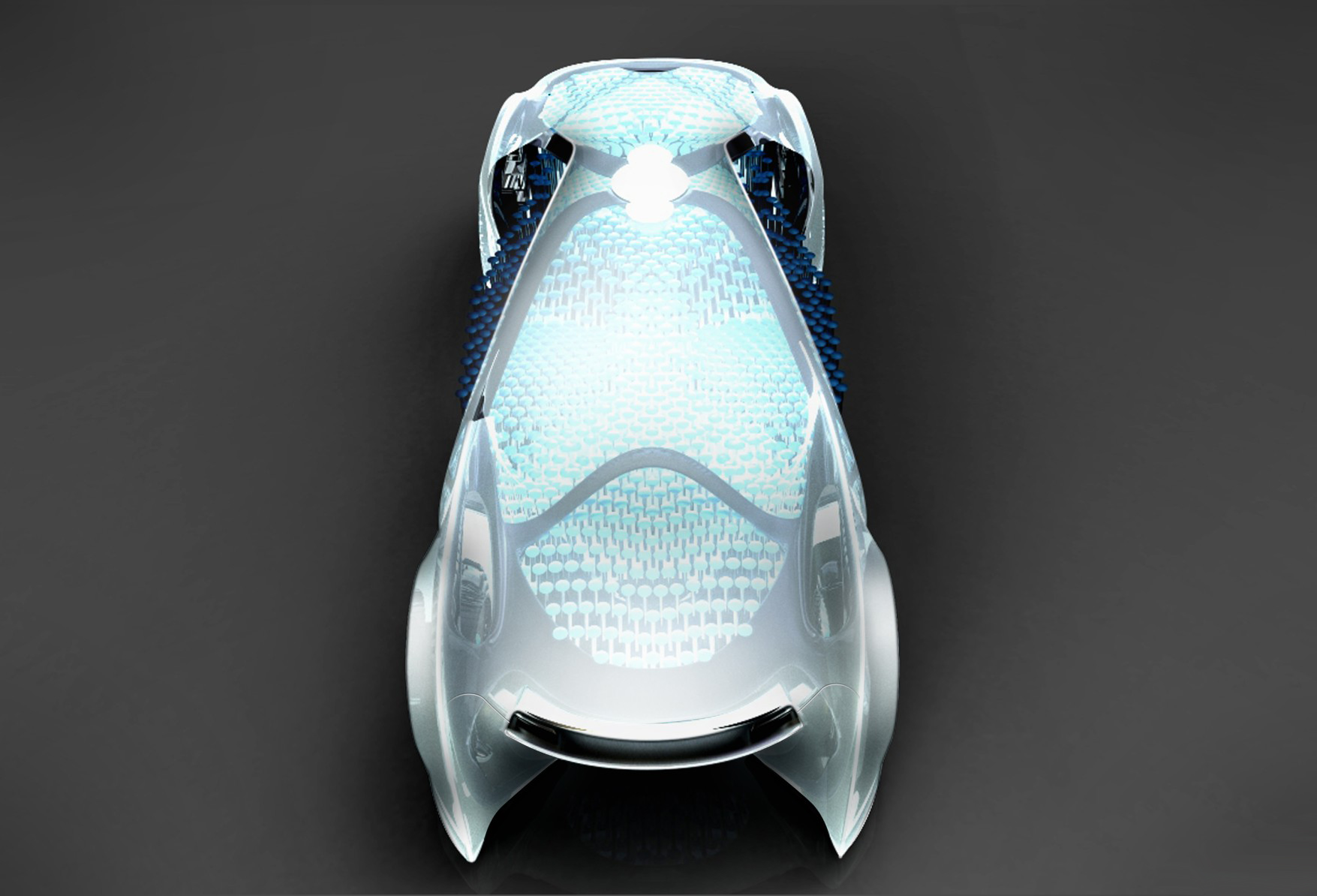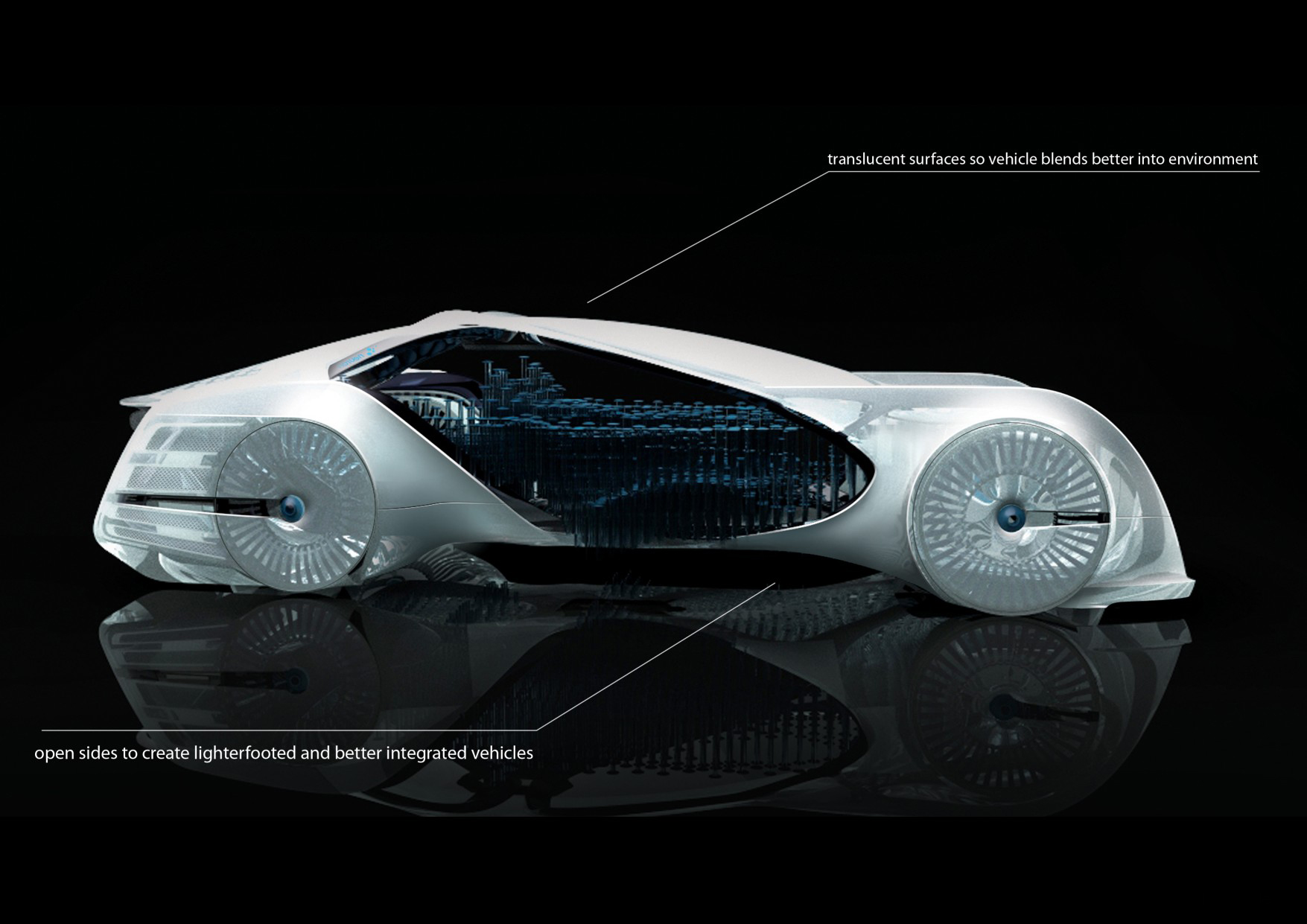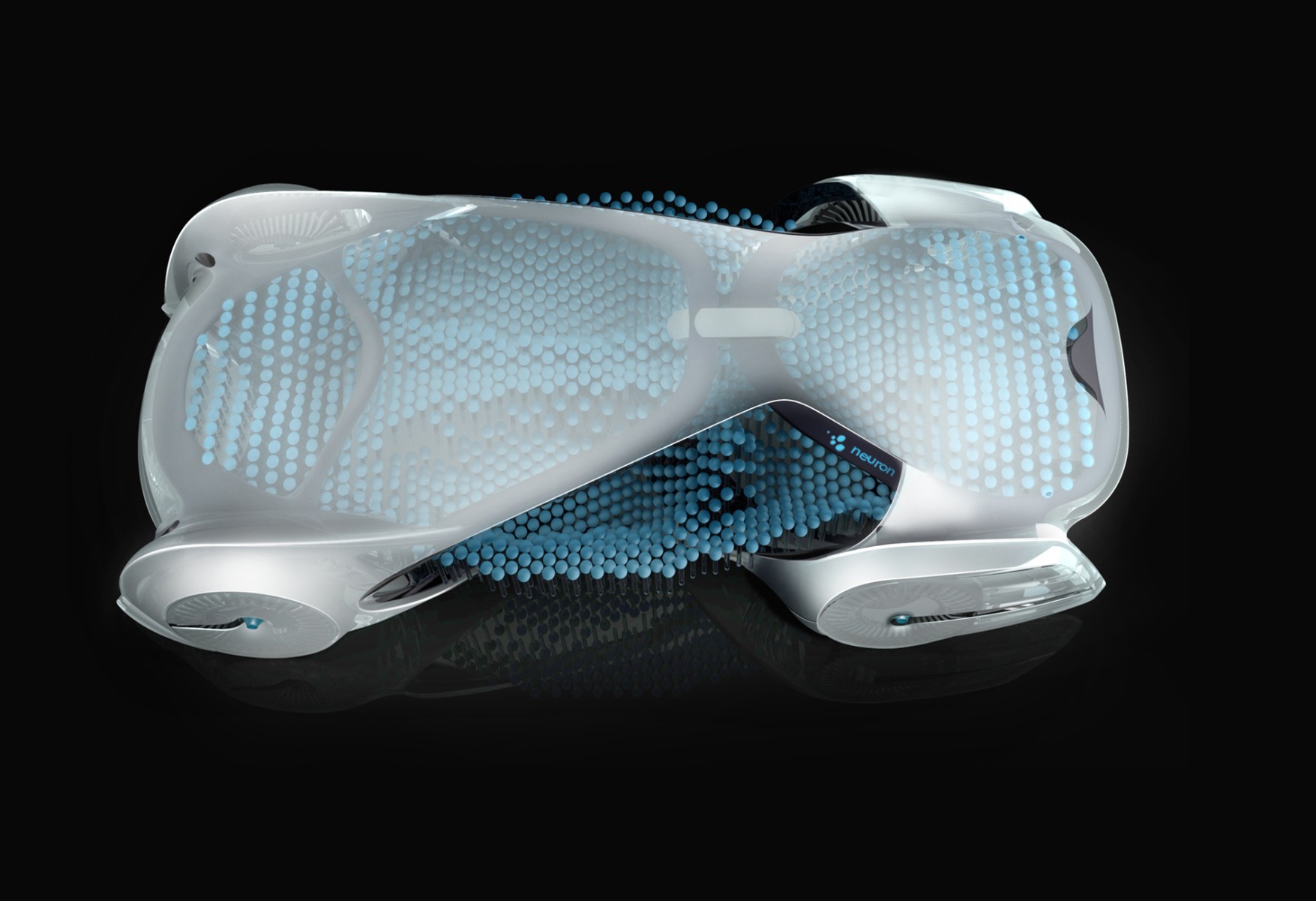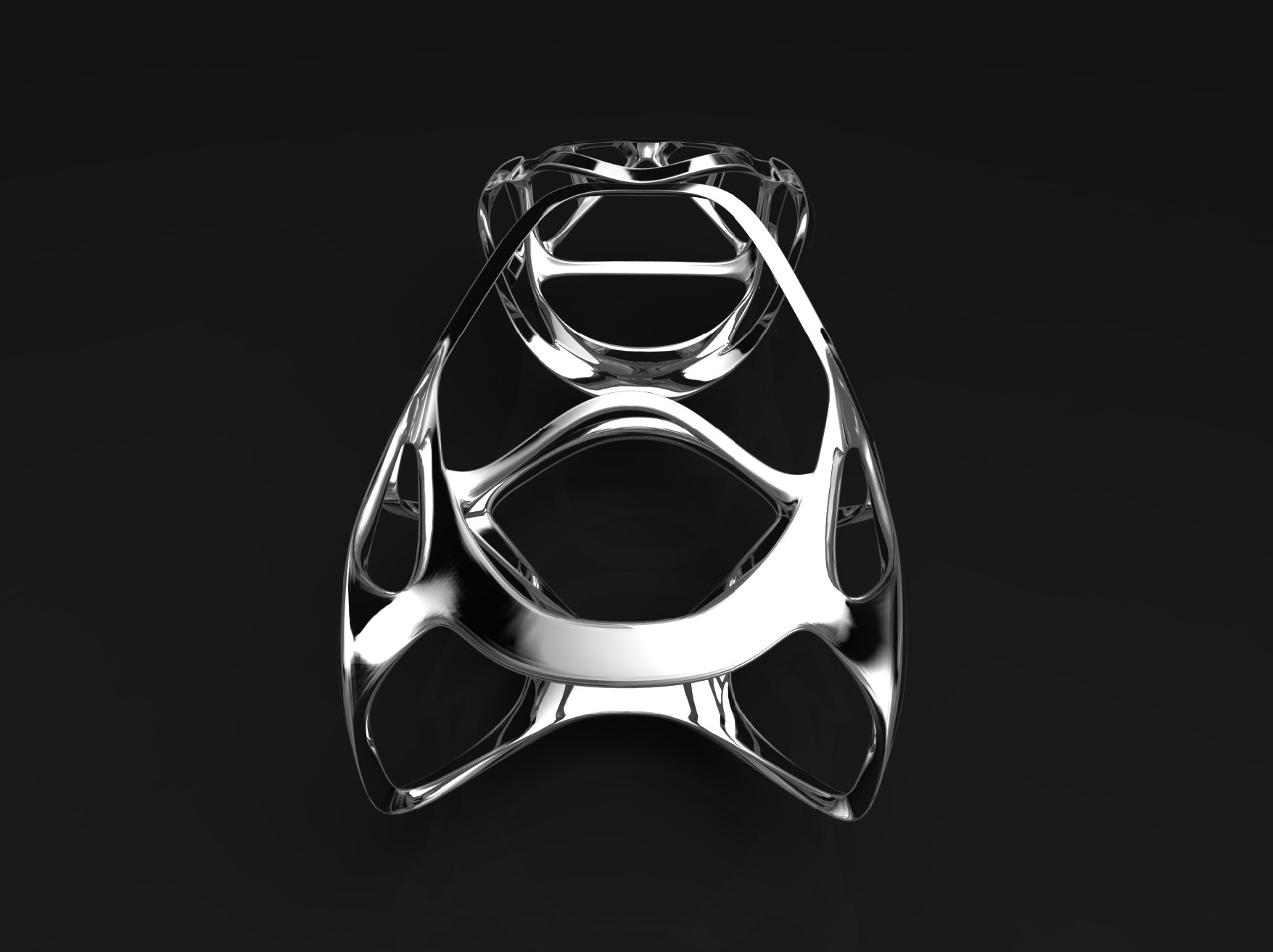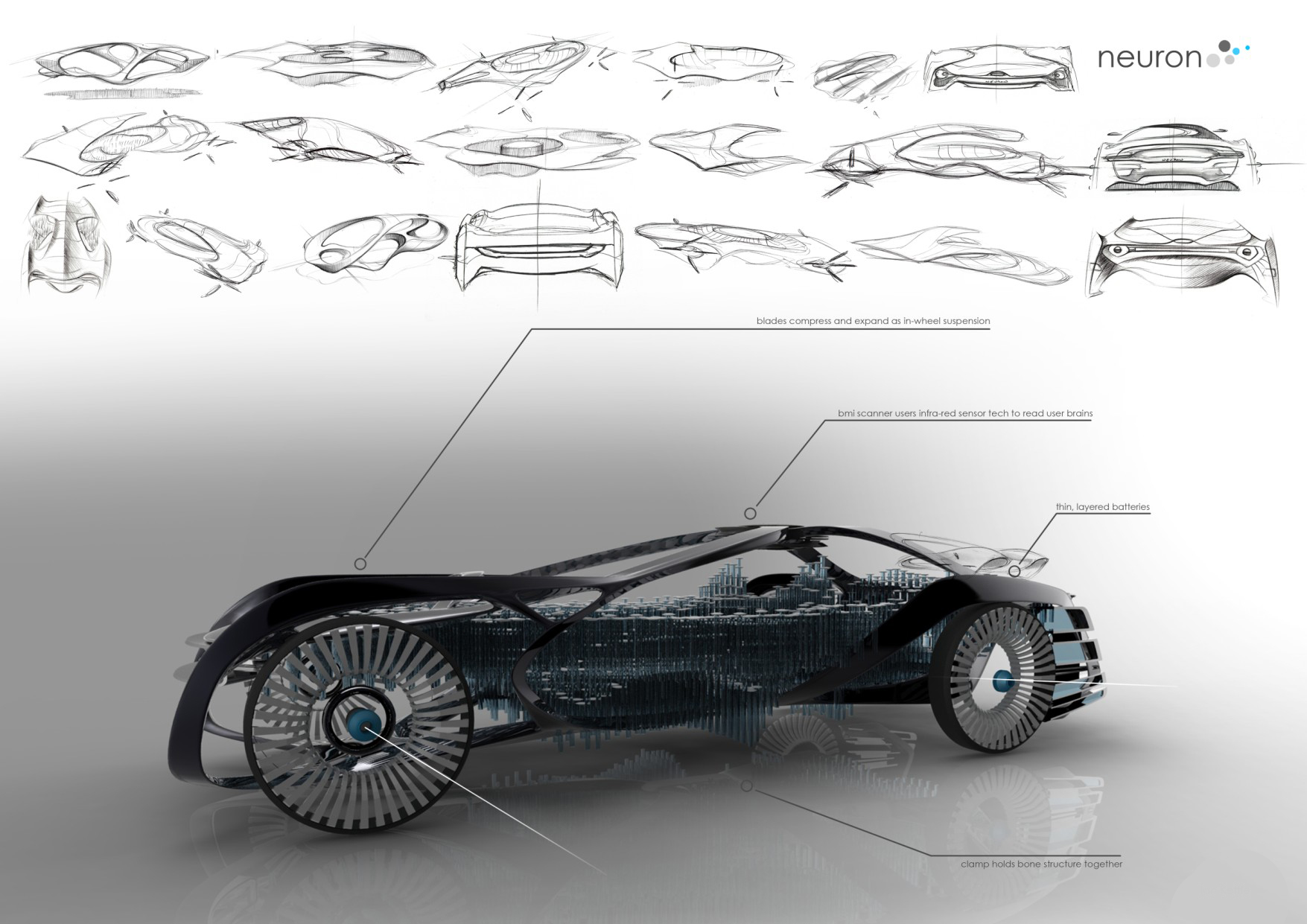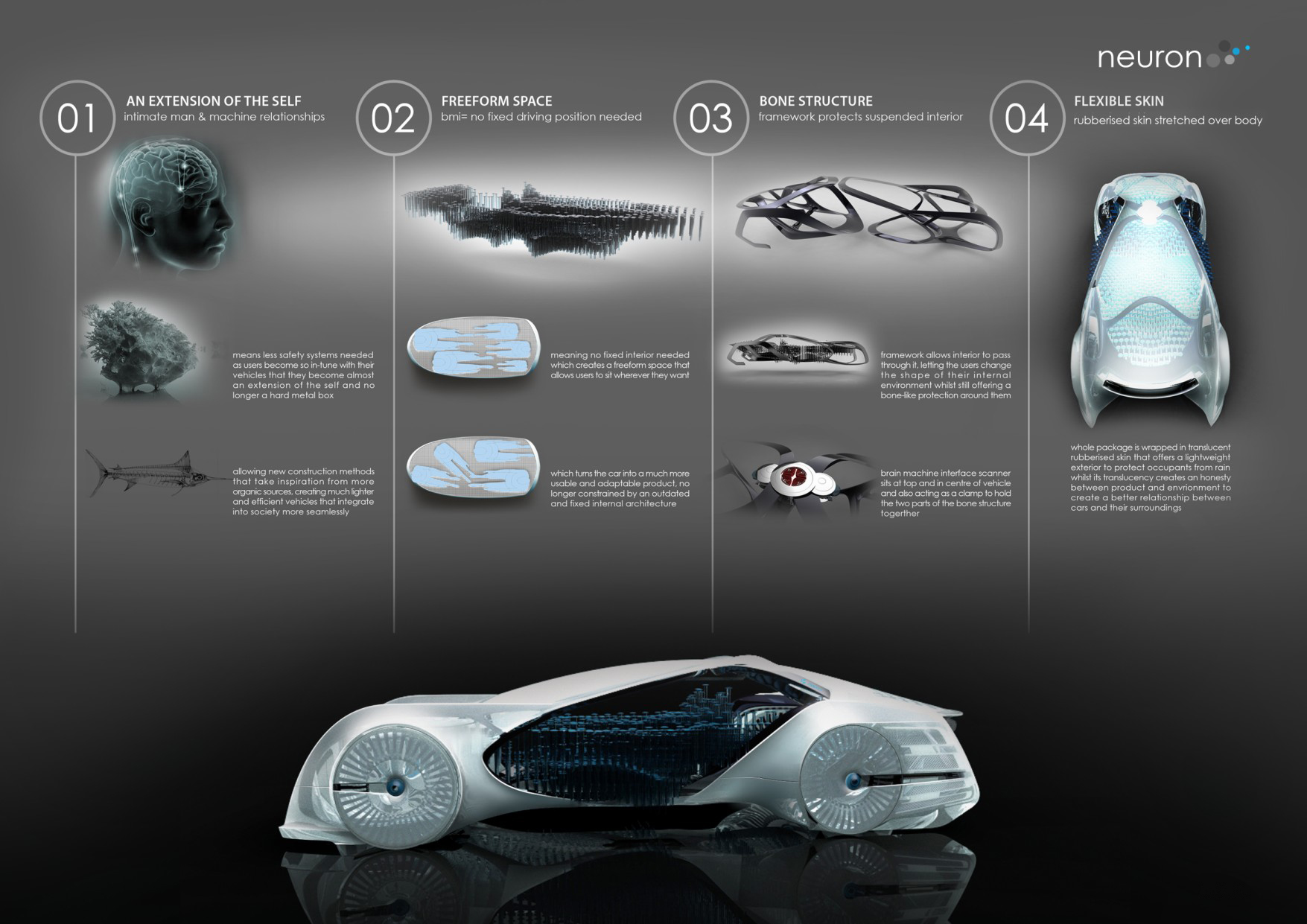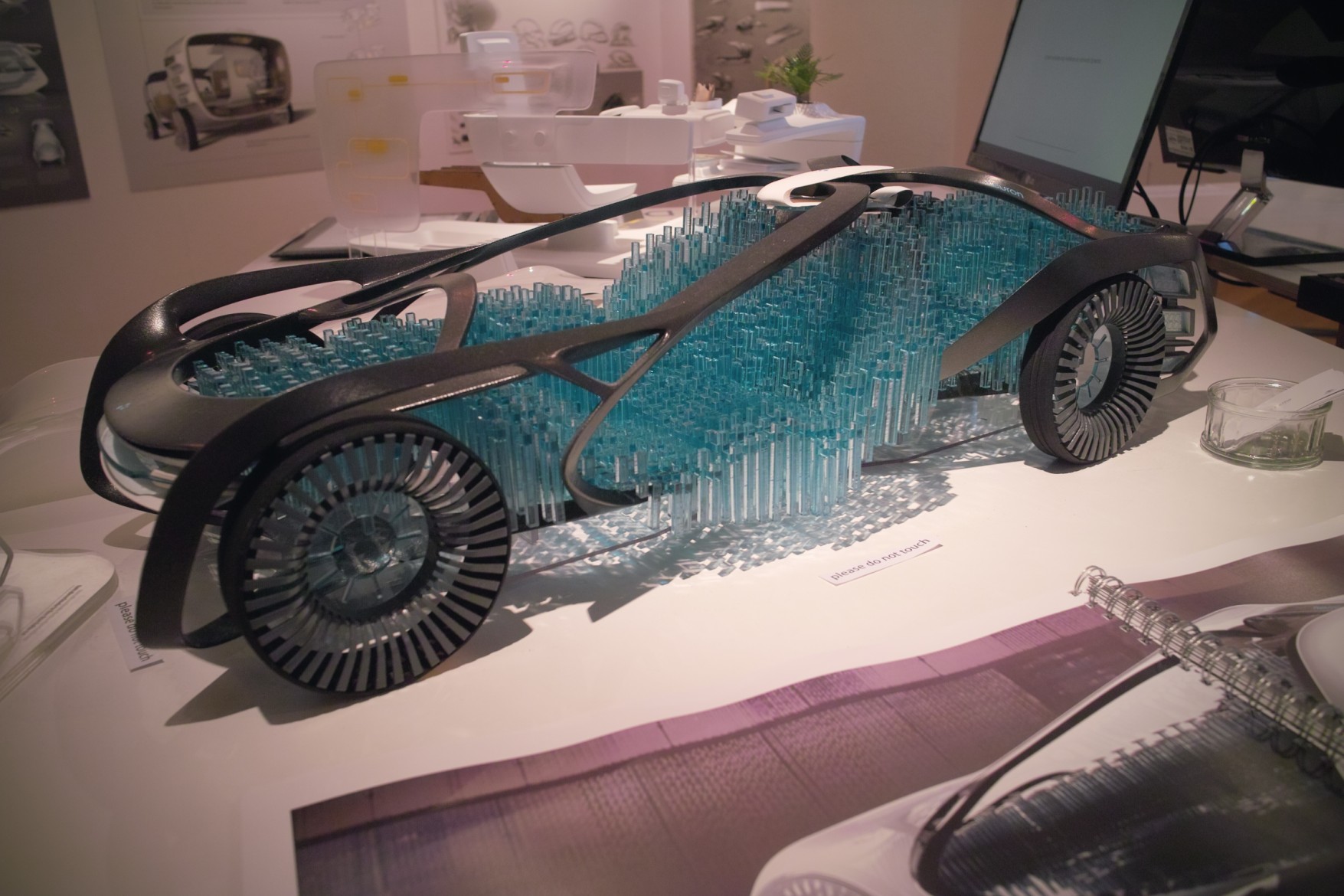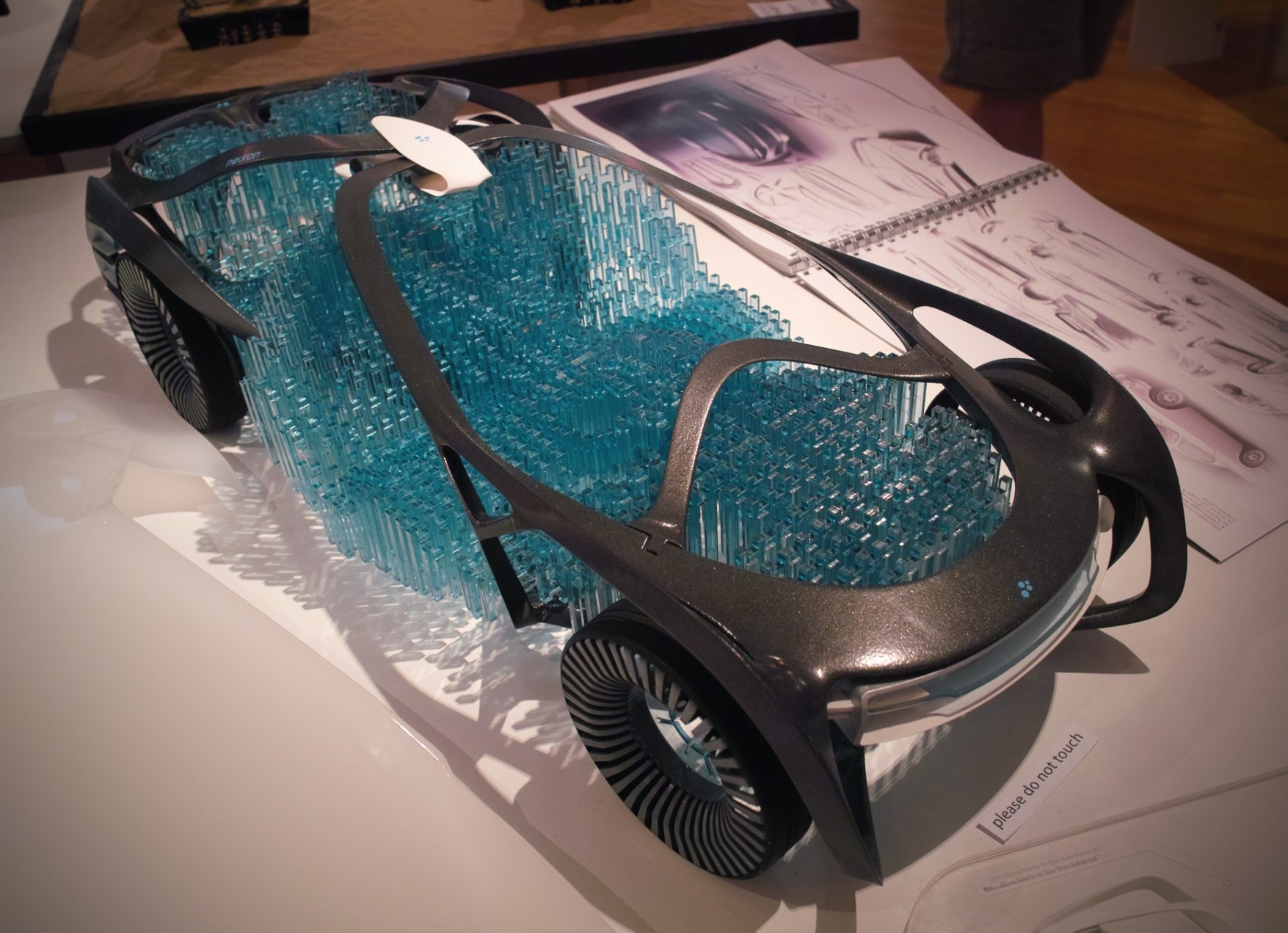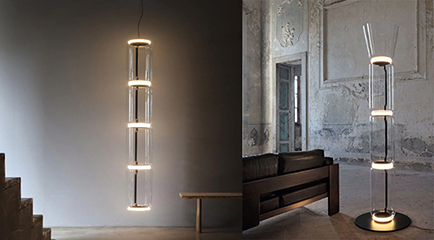NEURON is an imagination of the consequences of implementing brain machine interface (BMI) technology into the automobile. BMI could create intimate relationships between man and machine and allow us to simplify, lighten and reconsider both the construction and usage of the transport devices around us. However, more importantly, Neuron and its BMI does not rely upon physical dexterity to operate the automobile and as such, would open both the automobile and freedom afforded by independent travel to a much larger proportion of society.
Brain machine interface (BMI) technology has the potential to change the way we view the world. Quite simply, the notion of controlling physical objects through the power of brain waves alone is no longer a scene from science fiction, it is a science fact manifested already in readily available consumer products. Through detailed research, which included interacting with world leading experts on brain machine interface at Imperial College London, Neuron was created as an exploration of the consequences of this 21st century technology on one of the most ubiquitous products of the 20th century which still uses physical control input mechanisms more suited to the 19th century: the automobile.
The goal of this project from the outset was to explore consequences of BMI technology, the opportunity it gives us to reshape our products and the world around us, not to design how the actual BMI scanner works. As such, the focus has been on exploring how BMI technology will affect the relationship between human and machines and how that will impact on the design and construction of automobiles.
In short, BMI technology extends far beyond simply creating products with no buttons: it has the potential to create much closer relationships between man and machine as the brain scanners can read all aspects of the mind, allowing systems and machines to both know their users intimately and predict what they will do next.
Neuron therefore is a realisation of this, the first, tentative exploration of this technology applied to the automotive world. Using the principal of not needing a fixed driving position or physical input device, the core of the concept revolves around a freeform interior, a space that adapts and changes according to user needs. The freeform interior, constructed of over 1500 superlight nylon strands, each with a piezoelectric shape memory polymer core, shifts its form according to how the user(s) wish to sit, imprinting their needs on to the form of the interior shape, much like metal imprinter toys used by children throughout the world.
Ian Kettle is a recent graduate of the Royal College of Art in London, where he completed the world renowned MA Vehicle Design course, a programme that in the past has created the current design directors of Aston Martin, Bentley, Jaguar, Ford Americas, Volvo, Audi, GM Europe, Mazda Europe and Toyota Europe, amongst others.
Ian has gained professional experience as a designer at both Bentley in Crewe and Volvo in Gothenburg, where at the latter he was a member of the small team that created the Volvo Universe Concept launched at the Shanghai Auto Show in April 2011. In the past he has also worked as a mobile phone designer in Hong Kong and as a designer working on first class Airbus A380 cabins at a consultancy in London.
